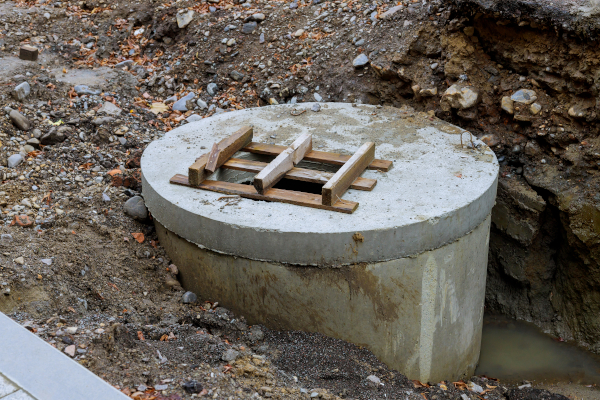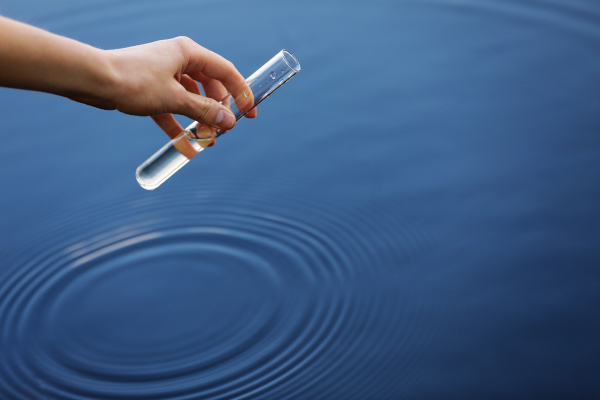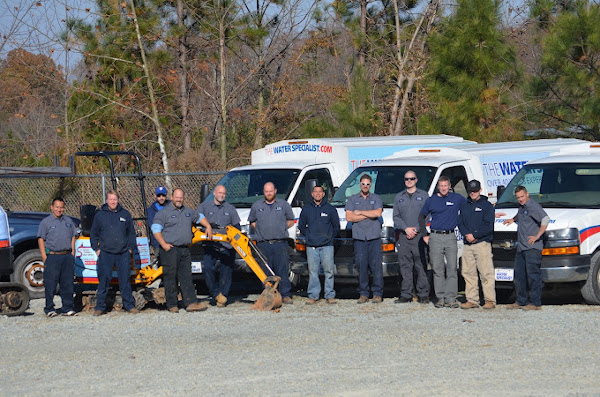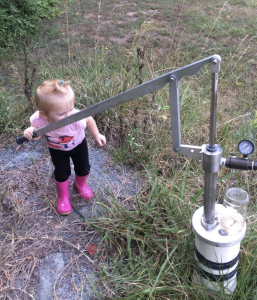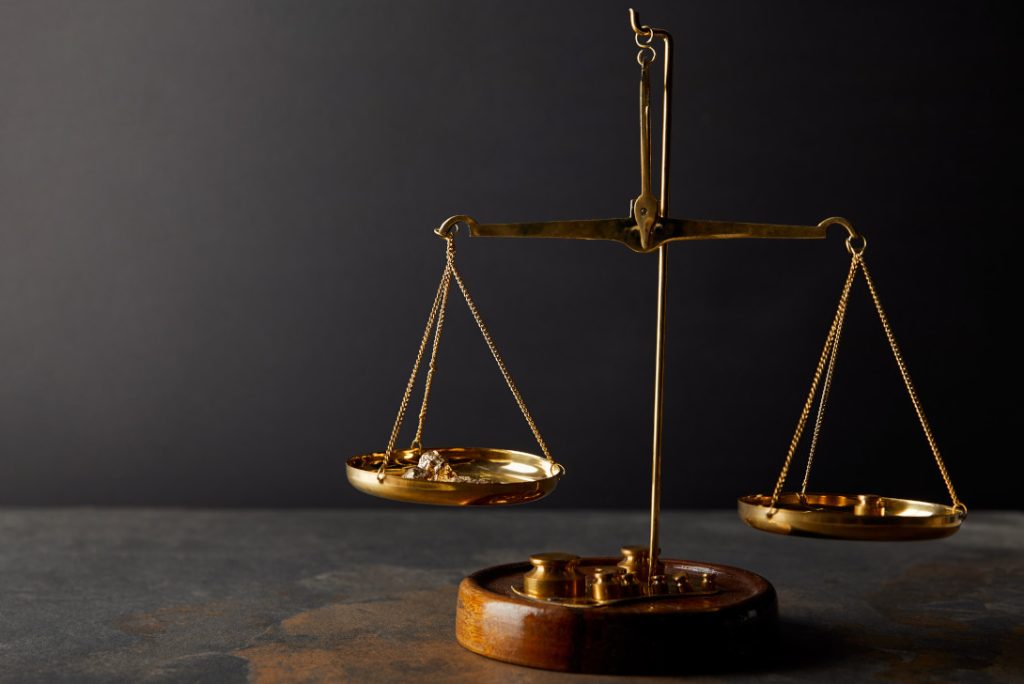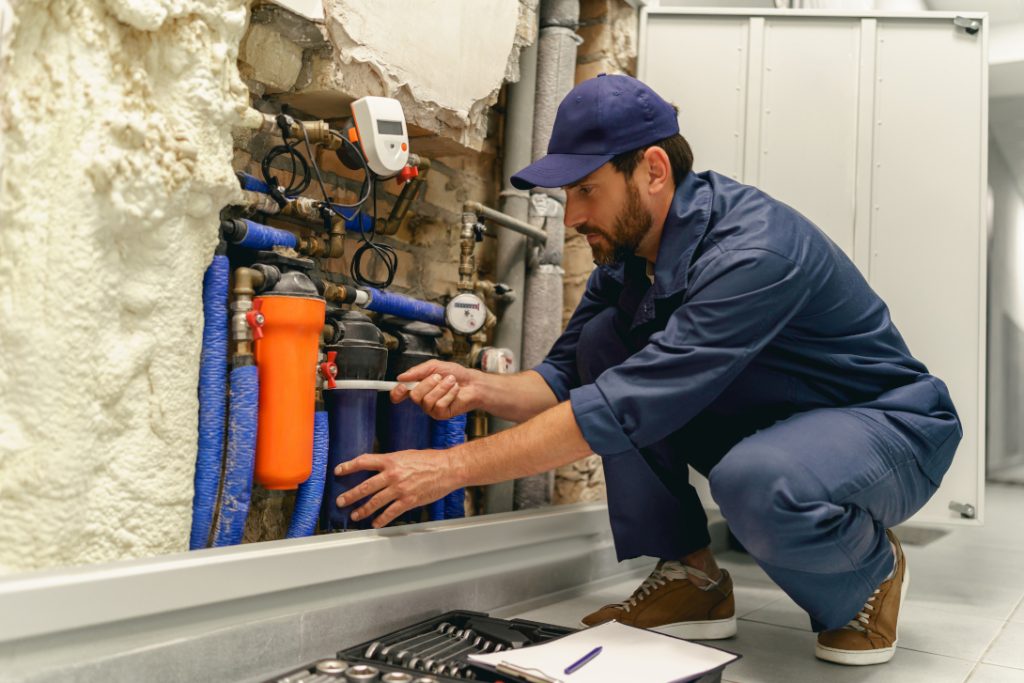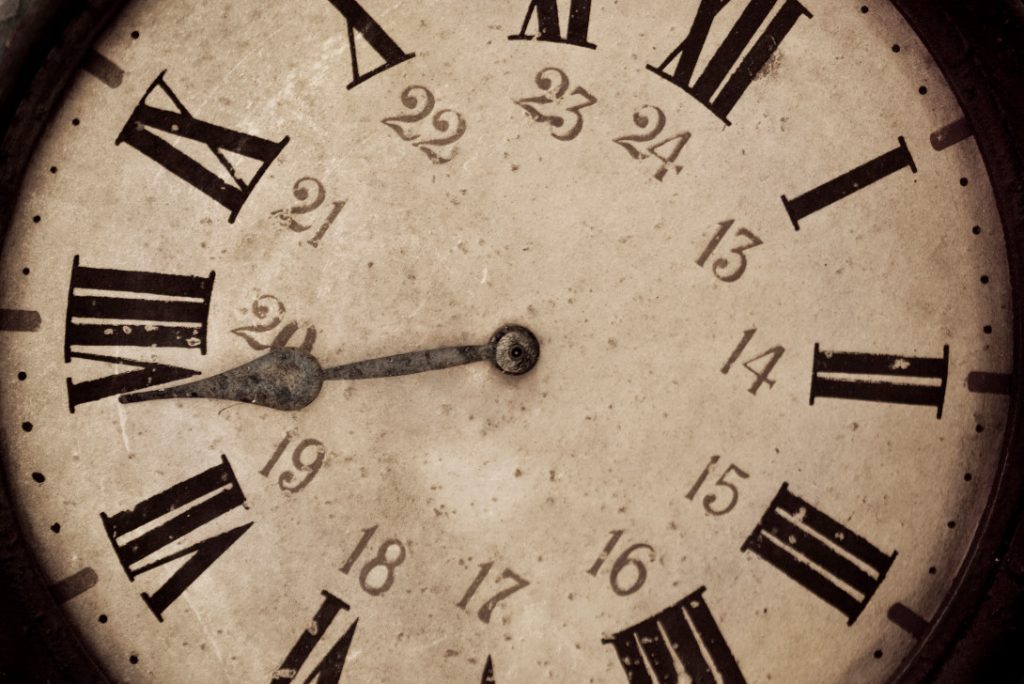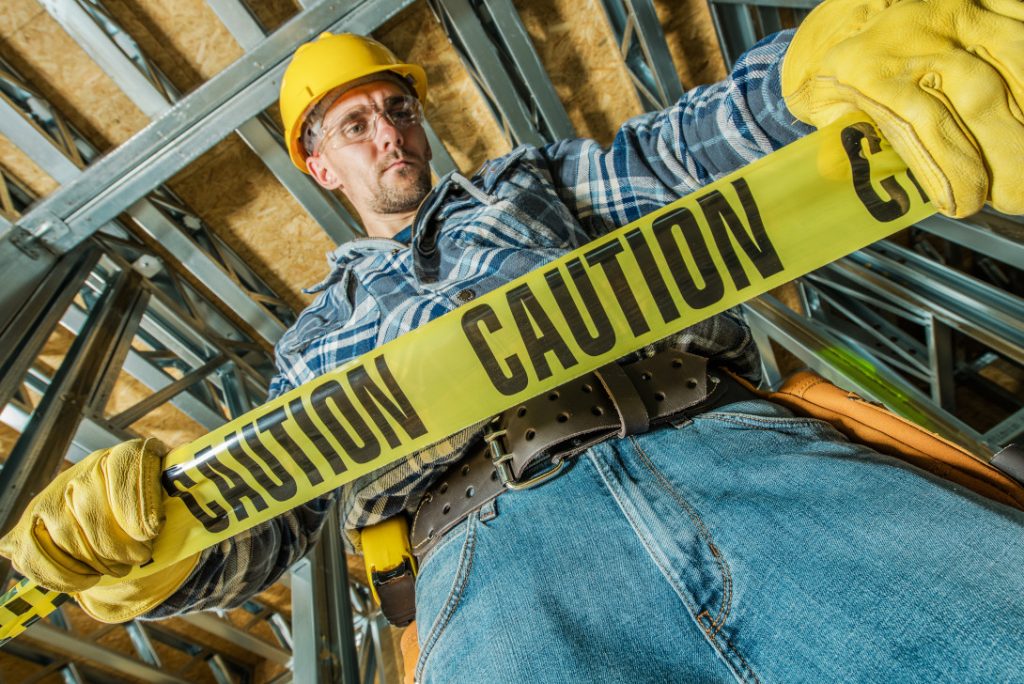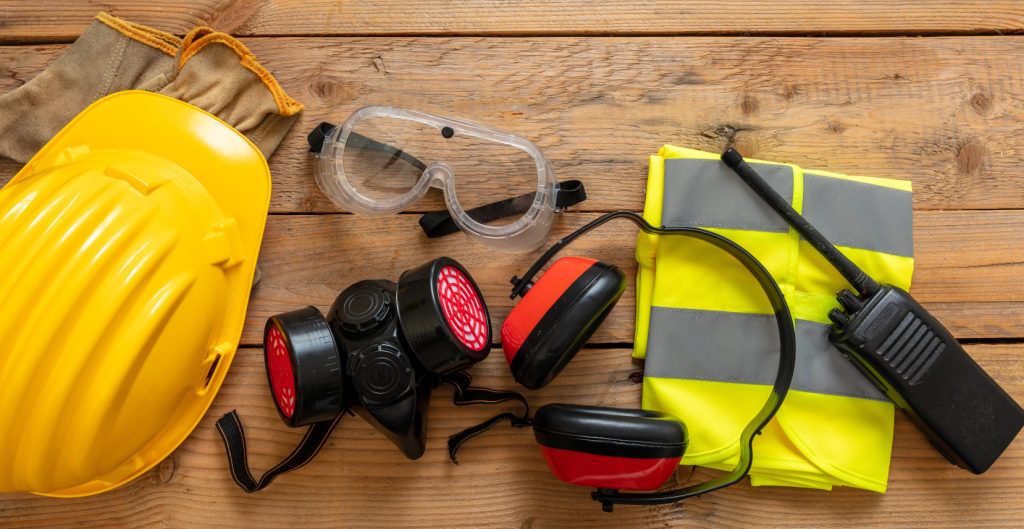Whole House Water Filter Installation NEARBY
Installing a whole house water filter is a comprehensive solution to ensuring clean and safe water throughout your entire home. Unlike point-of-use filters, which only treat water at a single location, a whole house system filters water as it enters your home, providing purified water to every faucet, shower, and appliance. Whole house water filter installation locally can significantly improve the quality of your water by removing contaminants such as chlorine, sediment, heavy metals, and other pollutants that can affect both your health and the longevity of your household appliances.
The installation process typically begins with choosing the right location for the filter, usually near the main water supply line. This placement ensures that all incoming water is treated before it is distributed throughout the house. The process involves turning off the main water supply, cutting the pipe, and fitting the filter system into place using appropriate connectors and fittings. While some homeowners may feel comfortable undertaking this as a DIY project, professional installation is often recommended to ensure the system is correctly installed and functions optimally. Proper installation and regular maintenance, such as timely filter replacements and leak checks, are crucial for the system’s longevity and effectiveness in providing clean water.
How to Install a Whole House Water Filter
Installing a whole house water filter can significantly improve the quality of water throughout your home. By filtering out contaminants at the point where water enters your home, you can ensure clean and safe water for drinking, cooking, bathing, and more. Here’s a step-by-step guide on how to install a whole house water filter.
Tools and Materials Needed
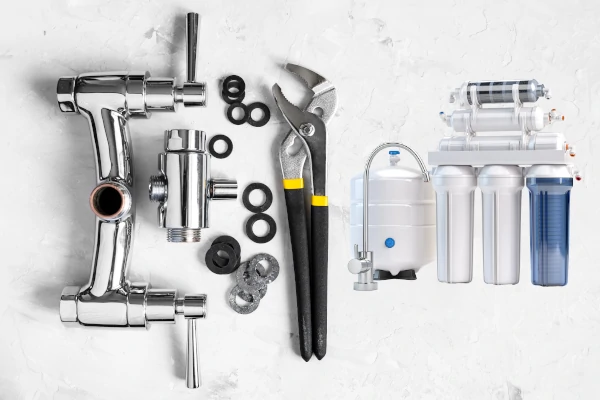
Before you start, gather the necessary tools and materials:
- Whole house water filter system
- Pipe cutter or hacksaw
- Adjustable wrench
- Teflon tape
- Plumber’s tape
- Mounting bracket (if not included)
- Bucket
- Towels
- Shut-off valve (if not already installed)
- Pressure gauges (optional)
Step 1: Choose the Installation Location
Select an appropriate location for the filter system. It should be installed on the main water supply line before it splits into different branches to ensure all water entering your home is filtered. Common locations include:
- Near the main water shut-off valve
- Close to the water meter
- In the basement or utility room
Ensure there is enough space to accommodate the filter unit and allow for easy access during maintenance.
Step 2: Turn Off the Water Supply
Shut off the main water supply to your home. Open the faucets in your house to drain any remaining water in the pipes. This step will prevent water from spilling during the installation process.
Step 3: Cut the Main Water Line
Using a pipe cutter or hacksaw, cut a section of the main water supply line where you will install the filter. Make sure to have a bucket and towels handy to catch any residual water in the pipe. Clean and smooth the cut edges to ensure a proper seal.
Step 4: Install the Shut-Off Valve
If there isn’t already a shut-off valve near the installation site, install one now. This will allow you to easily shut off the water supply to the filter for maintenance and filter changes.
Step 5: Attach the Mounting Bracket
Mount the filter’s bracket to the wall or another stable surface near the cut section of the pipe. The bracket should be positioned so that the filter unit can be easily connected to the pipe. Use screws and anchors suitable for the wall material.
Step 6: Connect the Filter Inlet and Outlet
Wrap the threads of the filter’s inlet and outlet ports with Teflon tape to ensure a tight seal. Attach the filter to the mounting bracket and connect the inlet port to the incoming water line and the outlet port to the outgoing water line. Use compression fittings or push-to-connect fittings as appropriate for your plumbing.
Step 7: Secure All Connections
Tighten all connections using an adjustable wrench. Be careful not to overtighten, as this can damage the fittings. Check that all connections are secure to prevent leaks.
Step 8: Install Pressure Gauges (Optional)
If your filter system includes pressure gauges, install them at this stage. Pressure gauges can help monitor the system’s performance and indicate when the filter needs replacing.
Step 9: Turn On the Water Supply
Slowly turn on the main water supply. Check all connections for leaks. If any leaks are detected, tighten the fittings as needed. Once you confirm there are no leaks, fully open the main water supply.
Step 10: Flush the System
Open a few faucets in your home and let the water run for about 5-10 minutes. This will flush out any air or carbon fines from the new filter and ensure that the system is working correctly. Check the water for clarity and taste.
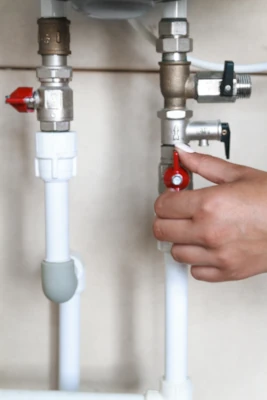
Step 11: Regular Maintenance
To keep your whole house water filter functioning optimally, follow these maintenance steps:
- Replace Filters: Depending on your water quality and the type of filter, replace the filter cartridge every 6 to 12 months.
- Inspect Connections: Regularly check the system for any leaks or loose connections.
- Monitor Pressure Gauges: If installed, keep an eye on the pressure gauges to ensure the system is operating within the recommended range.
How to Install a Whole House Water Filter: The Bottom Line
Installing a whole house water filter is a practical and effective way to ensure clean and safe water throughout your home. By following these steps, you can complete the installation yourself, saving on professional installation costs. Regular maintenance will ensure that your system continues to provide high-quality water for years to come. Enjoy the peace of mind that comes with knowing your family has access to clean, filtered water from every tap in your home.
Want a Whole House Water Filter, But Don't Have Time to Install It?
Searching "Whole House Water Filter Installation Near Me"
When it comes to ensuring the quality of the water in your home, a whole house water filter is a highly effective solution. However, the key to maximizing the benefits of such a system lies in professional installation. This article explores the essential aspects of finding reliable whole house water filter installation services near you.
Why Choose a Whole House Water Filter?
A whole house water filter system is designed to clean water as it enters your home, providing clean water to every faucet, shower, and appliance. This comprehensive approach ensures that all the water you use, whether for drinking, cooking, or bathing, is free from contaminants. Key benefits include:
- Improved Water Quality: Removes chlorine, sediment, heavy metals, and other pollutants.
- Health Benefits: Reduces exposure to harmful chemicals and pathogens.
- Better Taste and Odor: Enhances the taste and smell of your water.
- Protects Appliances: Prevents scale buildup in plumbing and appliances, extending their lifespan.
Finding Installation Services Near You
Online Search
The most straightforward way to find whole house water filter installation services is through an online search. Typing “whole house water filter installation near me” into your preferred search engine will yield a list of local providers. Pay attention to the following when evaluating your options:
- Customer Reviews and Ratings: Check what other customers have to say about their experiences. High ratings and positive reviews are good indicators of reliable service.
- Website Information: A professional website with detailed information about services, pricing, and contact details is a good sign of a reputable company.
Local Directories and Listings
Local business directories and listings, such as Yelp, Angie’s List, or the Better Business Bureau, can also help you find reliable installation services. These platforms often include customer feedback and ratings, which can guide your decision.
Recommendations
Ask friends, family, and neighbors if they have used local water filter installation services. Personal recommendations can provide valuable insights and help you avoid less reputable providers.
Professional Associations
Membership in professional associations, such as the Water Quality Association (WQA), can indicate a company’s commitment to industry standards and best practices. Check if the installation service is affiliated with any such organization.
Evaluating Potential Installers
Experience and Expertise
Choose a company with extensive experience in installing whole house water filters. Experienced professionals are more likely to handle the installation efficiently and correctly, minimizing potential issues.
Licensing and Insurance
Ensure that the installer is licensed and insured. This protects you from liability in case of accidents or damage during the installation process.
Free Estimates and Consultations
Reputable companies often offer free estimates and consultations. This allows you to discuss your specific needs, ask questions, and get a sense of the cost before committing.
Warranty and After-Sales Support
Check if the company provides a warranty on their installation work and the filtration system itself. Additionally, ask about after-sales support and maintenance services to ensure your system continues to function optimally.
A Good Installer's Installation Process
Initial Consultation
During the initial consultation, the installer will assess your home’s plumbing system and water quality. This helps them determine the best type of filter for your needs and where to install it.
Choosing the Right Filter
Based on the assessment, the installer will recommend a suitable whole house water filter. Common types include activated carbon filters, reverse osmosis systems, and UV filters. Each type addresses different contaminants, so it’s important to choose one that meets your specific requirements.
Post-Installation
After installation, the installer should provide you with instructions on how to maintain the system and replace filters as needed. Regular maintenance is crucial to keep your water filter functioning effectively.
Cost Considerations
The cost of installing a whole house water filter can vary widely based on several factors, including:
- Type of Filter: Advanced systems like reverse osmosis filters are more expensive than basic activated carbon filters.
- Installation Complexity: Homes with complex plumbing systems may require more labor, increasing the cost.
- Location: Labor rates can vary by region, affecting the overall price.
On average, expect to pay between $1,000 and $4,000 for a complete installation. It’s advisable to get quotes from multiple installers to compare prices and services.
Maintaining Your Whole House Water Filter
Regular maintenance is essential to ensure your water filter continues to operate effectively. This typically involves:
- Replacing Filters: Depending on the type of system, filters may need to be replaced every 6 to 12 months.
- Checking Connections: Regularly inspect connections for leaks or damage.
- Professional Inspections: Periodic inspections by a professional can help identify and address potential issues early.
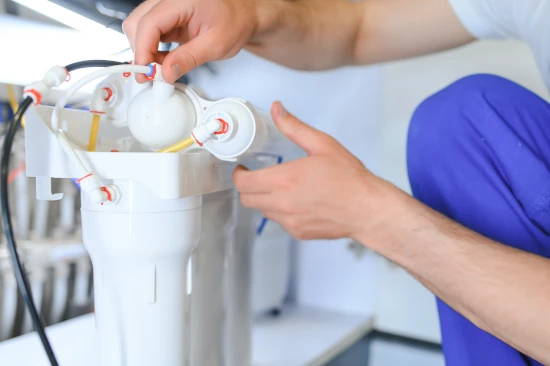
Whole House Water Filter Installation Near Me Conclusion
Investing in a whole house water filter is a smart choice for ensuring clean, safe water throughout your home. Finding a reliable installation and maintenance service near you involves careful research and consideration of customer reviews, professional credentials, and cost. By choosing experienced and reputable installers, you can enjoy the peace of mind that comes with knowing your water is being filtered effectively and efficiently.
For more information or to schedule a consultation, start your search today with “whole house water filter installation near me” and take the first step towards better water quality in your home.
The Top Water Filtration Company in the Trangle and Triad
Water Right: A Great Choice For Water Filtration Systems
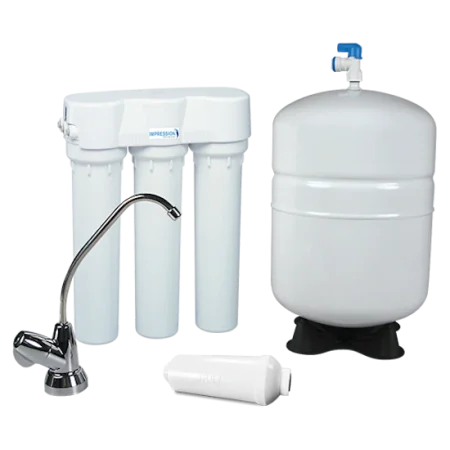
Water Right is a well-known brand that offers high-quality whole house water filters. Their installation process typically involves mounting the filtration system near your home’s main water line. Professional installation is recommended to ensure proper setup and optimal performance. Water Right systems are designed to remove a variety of contaminants, including chlorine, heavy metals, and organic chemicals, ensuring that you have clean water throughout your home.
Whole House Water Filter Outdoor Installation
In some cases, whole house water filters are installed outdoors. This setup is common in homes with limited indoor space or where the main water line is more accessible outside. Outdoor installations require weatherproof housing to protect the filter from the elements. It’s also essential to ensure that the system is insulated against freezing temperatures to maintain functionality throughout the year.
Replacing Whole House Water Filter
Replacing your whole house internal water filter is a straightforward process but requires regular attention to ensure optimal performance. Most filters need replacement every 6 to 12 months, depending on usage and water quality. To replace the filter, first turn off the water supply, relieve pressure in the system, and then remove the old filter. Install the new filter, ensuring it is seated correctly, and then turn the water supply back on.
Types of Whole House Water Filters
There are several types of whole house water filters, each designed to address specific water quality issues:
- Activated Carbon Filters: Effective at removing chlorine, sediment, and volatile organic compounds (VOCs).
- Reverse Osmosis Systems: Remove a wide range of contaminants, including heavy metals, nitrates, and fluoride.
- UV Filters: Use ultraviolet light to kill bacteria and viruses.
- Sediment Filters: Remove large particles like sand and rust.
- Water Softeners: Remove hardness-causing minerals like calcium and magnesium.
Choosing the right type depends on your specific water quality concerns.
Find the Best Whole House Water Filtration Installation in Your Area
Finding the best whole house water filtration installation service involves researching local providers. Look for companies with positive reviews, industry certifications, and a track record of excellent customer service. Additionally, consider providers who offer comprehensive services, including water testing, system recommendations, installation, and ongoing maintenance. The best companies will provide customized solutions tailored to your home’s specific water quality needs.
The Water Specialist serves Raleigh, Durham, Chapel Hill, Mebane, and all of the Triangle and Triad. Call us at 919-241-4950 to see why our clients are so happy.
Frequently Asked Questions
What is the average cost of a whole home water filtration system?
The average cost of a whole home water filtration system depends on the type of system and complexity of the installation.
How much does it cost to put a water purifier in your house?
The cost to install a water purifier in your house varies based on the type of purifier and installation requirements.
Is whole house filtration worth it?
Yes, whole house filtration is worth it for many homeowners, as it provides clean, filtered water to every faucet in the home, improving overall water quality and health.
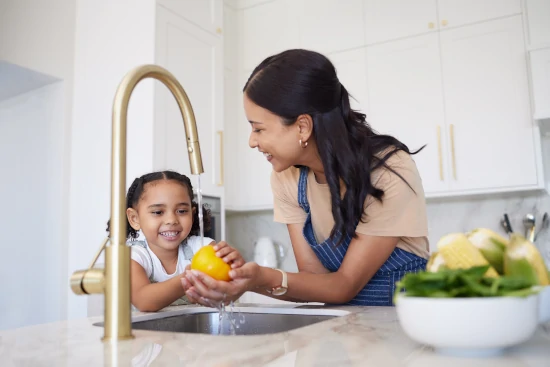
Does a whole house water filter add value to your home?
Installing a whole house water filter can add value to your home by providing a desirable feature for potential buyers and ensuring better water quality.
What is the best home water filtration system?
The best home water filtration system depends on your specific water quality needs. Popular options include reverse osmosis systems, activated carbon filters, and UV filters.
How long does the average whole house water filter last?
The average whole house water filter (internal filter) lasts between 6 to 12 months, depending on the type of filter and water quality.
What are the disadvantages of water purifiers?
Disadvantages of water purifiers can include higher initial costs, the need for regular maintenance, and potential reduction in water pressure. But for many, the advantages outweigh the disadvantages.
How many years can a water purifier last?
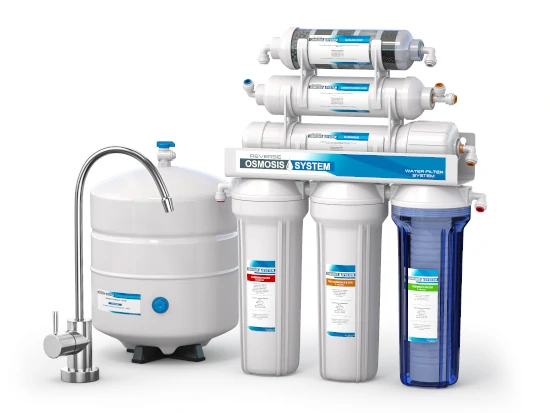
A well-maintained water purifier can last anywhere from 5 to 15 years, depending on the type and quality of the system.
Do home water purifiers really work?
Yes, home water purifiers effectively remove various contaminants, improving water quality and taste.
What is the difference between water purifiers and water filters?
Water filters remove specific contaminants through physical filtration, while water purifiers often use additional methods, like UV light, and reverse osmosis to kill bacteria and viruses.
Is a whole house water filter tax deductible?
In some cases, a whole house water filter may be tax deductible if it is deemed medically necessary. Consult with a tax professional for specific guidance.
Where is the best place to put a whole house water filter?
The best place to install a whole house water filter is near the main water line, typically close to where the water enters your home.
How to choose a whole house water filter?
Choose a whole house water filter based on your specific water quality issues, the size of your home, and your budget. Water testing can help determine the best type of filter.
Which whole house water filter removes the most contaminants?
Reverse osmosis systems are among the most effective at removing a wide range of contaminants, including heavy metals, nitrates, and fluoride.
What are the negatives of water filters?
Negatives can include the cost of installation and maintenance, potential reduction in water pressure, and the need to replace filters regularly.
What is the problem with a filtration water treatment system?
Potential problems with filtration water treatment systems include clogging, reduced water pressure, and the need for regular maintenance to ensure effectiveness.
Can you drink tap water with a whole house filter?
Yes, you can drink tap water with a whole house filter, as it removes contaminants and improves the safety and taste of the water.
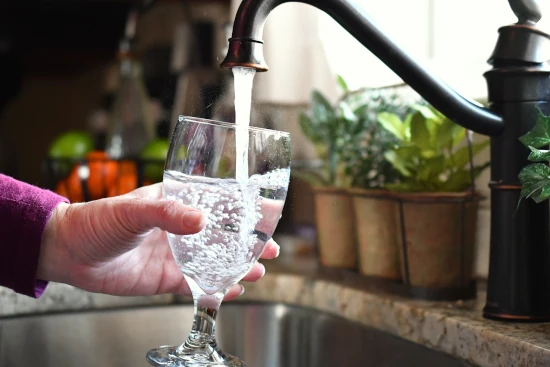
How long does a whole house water filter system last?
A whole house water filter system can last between 5 to 15 years, depending on the type of system and how well it is maintained.
Can I install a whole house water filter myself?
While it is possible to install a whole house water filter yourself, professional installation is recommended to ensure proper setup and functionality.
How often should you clean your whole house water filter?
Cleaning schedules vary by system, but generally, you should clean or replace filters every 6 to 12 months, or as recommended by the manufacturer.
Can a whole house water filter be installed sideways?
Most whole house water filters are designed to be installed vertically. Installing them sideways can impact performance and is generally not recommended.
Does a whole house water filter reduce water pressure?
A whole house water filter can reduce water pressure if it becomes clogged or is not properly maintained. Regular maintenance helps prevent this issue.
How do I know what filter to get for my house?
To determine the best filter for your house, conduct a water quality test to identify contaminants. Based on the results, you can choose a filter designed to address those specific issues. Consult with a water treatment professional for recommendations.
Do I need reverse osmosis if I have a whole house filter?
You may not need reverse osmosis if your whole house filter effectively removes the contaminants present in your water. However, if your water contains specific pollutants that require additional treatment, such as heavy metals or nitrates, adding a reverse osmosis system can provide extra protection.
In conclusion, installing a whole house water filter is a significant investment in your home and health. By understanding the various options available and considering your specific needs, you can ensure that you choose the right system and enjoy clean, safe water throughout your home. Whether you’re in Hillsborough, Chapel Hill, Mebane, Burlington, Pittsboro, Durham, Raleigh, Cary, Wake Forest, Roxboro, and Oxford or anywhere in the Triangle or Triad, finding a reliable local installer is crucial for a successful installation and long-term satisfaction with your water filtration system. The Water Specialist is the company that can solve all your whole house water filtration installation issues. You can reach us at 919-241-4950.


